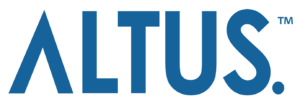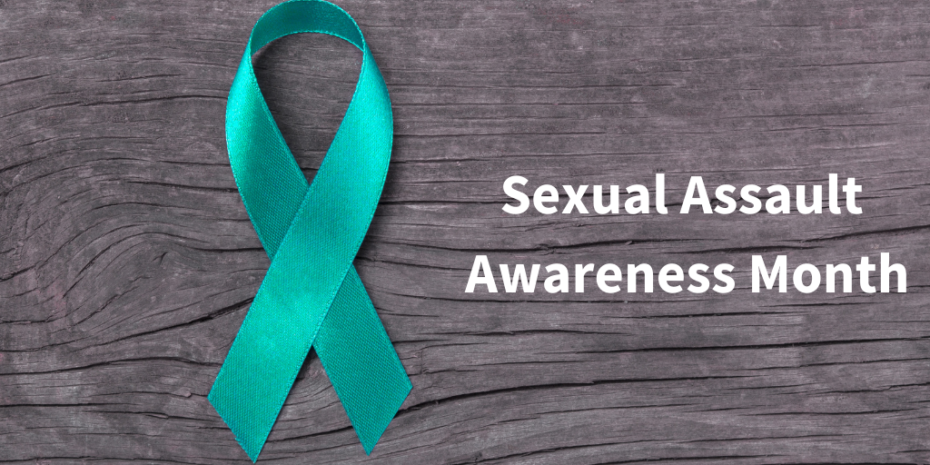April 2021 marks the 20th anniversary of Sexual Assault Awareness Month, though the advocacy for awareness and change runs much longer and deeper. Current statistics state that 1 in 4 women are impacted by sexual violence before the age of 18. And while you may not have personally been the victim of sexual violence, it is likely that you do know someone who is, even if they have not shared that information publicly.
Understanding sexual violence and all that it encompasses is critical to not only bring awareness, but also to create safe spaces for survivors, to understand what services are needed, and to engage in preventative efforts. With stay-at-home orders in effect, sexual assaults may not have seen an increase with clients seeking services in person, but the calls to hotlines increased, as did the need for services.
It is also imperative to understand the intersection of sexual violence/assault and human trafficking. While one may be a single instance and the other a repetitive occurrence, the trauma experienced by both can have lasting impact. Tactics to groom a victim as well as blaming the victim are present in both situations.
Sexual assault and human trafficking know no boundaries whatsoever – geographically or demographically – so equipping communities to understand how to prevent and respond is critical.
While this may seem overwhelming, leaving many to not know where to start in addressing this in their community, Monika Johnson Hostler, Executive Director of the North Carolina Coalition Against Sexual Assault and President of the National Alliance to End Sexual Violence, recently shared with the AFRJ® Freedom Council that “each person as an individual can do something today. They don’t have to wait until tomorrow.”
Whether you are a business leader, educator, or community member, see below for ways you can engage.
Businesses
Every community is made up of businesses and business leaders. Monika shares that business leaders facilitate change in their communities through local chambers and boards they serve on. Offering workforce development or policies that support employees attending court are just a couple of ways employers can engage in elevating awareness of sexual violence. Hear more from Monika on the three things that businesses have to offer in the AFRJ® Freedom Council podcast.
Educators and Colleges & Universities
Monika shares the prevalence of sexual assault increases in the first 9 weeks of college for a freshman female. And while some students went off to school at the beginning of the year, some came home, perhaps having to navigate the trauma they experienced. Sexual violence is not limited to young adults; with COVID-19 came an increase of youth online, leaving them more vulnerable than ever to predators and online harassment, abuse, exploitation, and sextortion.
Educators and schools can become familiar with tactics used by predators and abusers, ensure services are available, either in person or virtually, to support students, and explore ways to increase prevention.
Communities
Whether you are a church leader, mentor, nurse, barista, or volunteer, you can make a difference in your community by supporting the organizations that work with survivors, understanding preventative efforts, or becoming equipped as a family member or friend on how to support someone you know.
Elevating the experiences of survivors can help address stigmas and myths. Consider the policies in your work or organization – do you have a sexual harassment policy in place? Is there workplace training? Do employees know the reporting structure? Is time off allowed for survivors to receive the services and support they need? Could you serve as a board member of a local coalition or crisis center?
When you understand how you are uniquely positioned in your community and how your skills and resources can be utilized, you will begin to be able to move from information to impact.
For more on this topic, listen in the AFRJ® Freedom Council Podcast with Monika Johnson Hostler.

